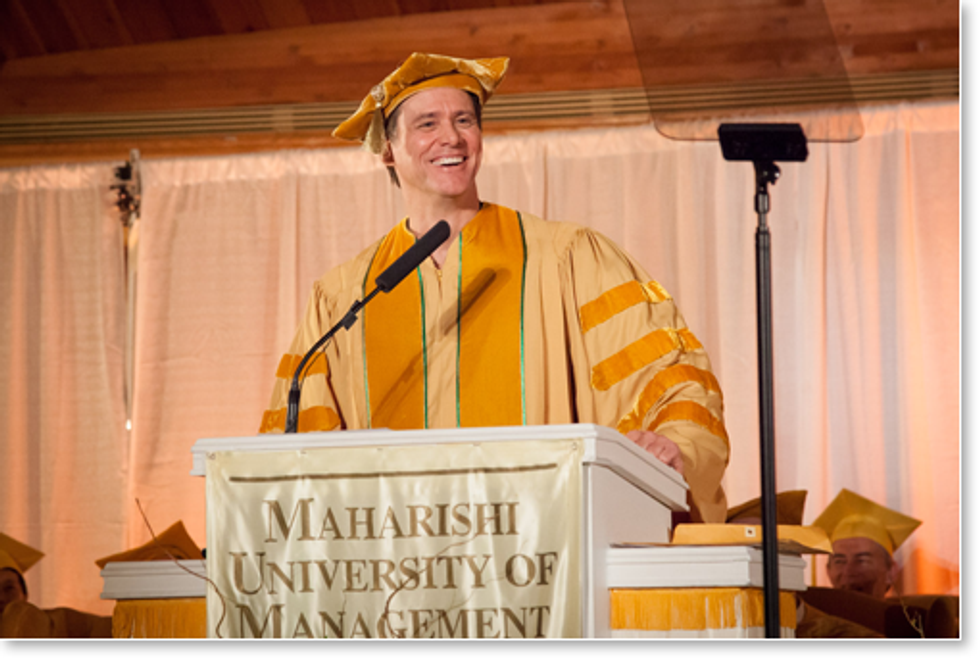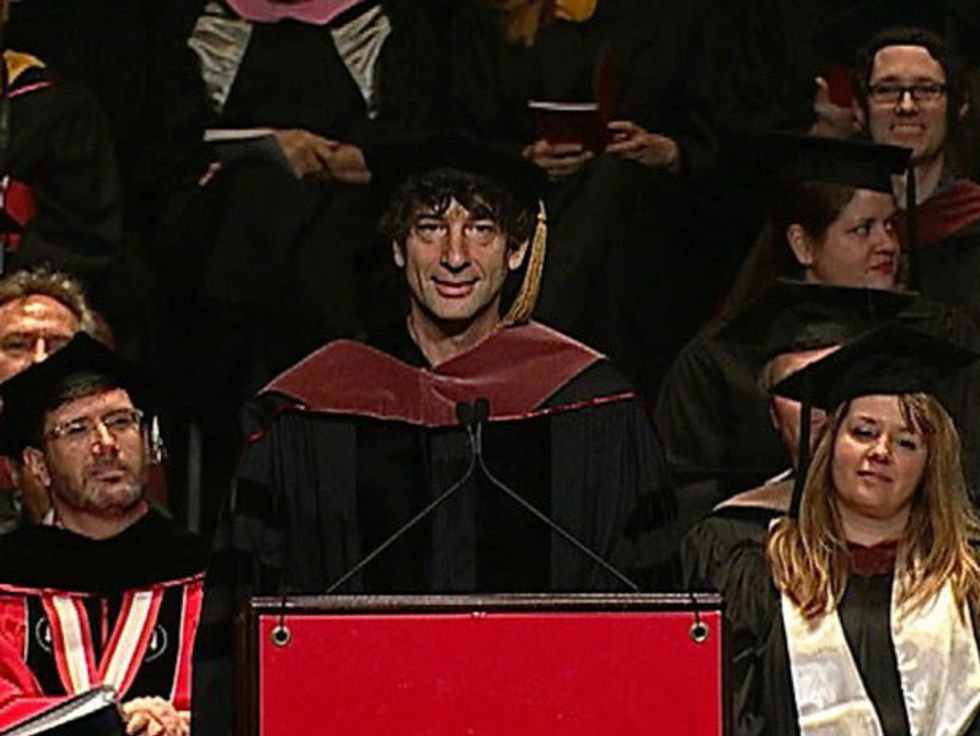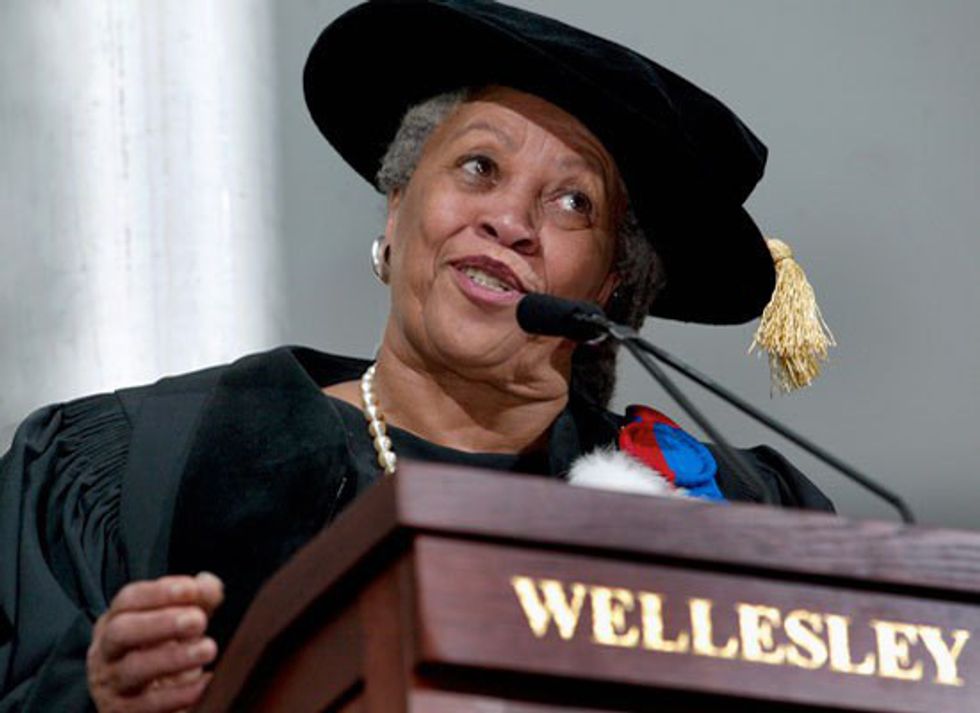Graduation time is once again upon us. For many, this is a time when many changes are happening in a very short amount of time. This time marks a very big shift in the lives of many students. And like any situation that brings about a lot of change it can be overwhelming. If you find yourself needing some words of encouragement, then these commencement speeches can help.
1. J.K Rowling
In her 2008 speech at Harvard, the Harry Potter author spoke about something we can all relate to and will probably experience many times in our lives – failure. Rowling reminded the students that failure is inevitable but that if you make it through failure you will end up “secure in your ability to survive.”
2. David Foster Wallace
Wallace’s 2005 Kenyon College speech is one of the most widely regarded commencement speeches ever given. In what is often called the “this is water” speech, Wallace urges students to stay aware of the world around them and try to be empathetic. He uses the metaphor of fish realizing that they are in water and tells the students that they too need to constantly remind themselves that “this is water, this is water.”
3. Jim Carrey
Jim Carrey is known for being a comedian, but in his 2014 speech at the Maharishi University of Management he spoke about a topic doesn’t often go with comedy – fear. In this funny, yet inspiring speech Carrey speaks about how fear often holds us back and causes us to pick a safe path while disguised as practicality. He tells students that they have two choices “love or fear” and urges them to choose love.
4. Neil Gaiman
In a world that’s constantly pushing for one way of doing things, Gaiman comes along and tells students to make mistakes. He doesn’t just tell students that they will make mistakes, but actively encourages them to do this because it is through mistakes that they can make good art. And that making good art should be the student’s response when things get tough.
5. Toni Morrison
This final speech is so inspiring because it doesn’t try to tell you what to do or who to be. Morrison refuses to give the students a quick-fix for their future, but rather tells the students that they are characters in their own story and they can choose what they make of it. And when it feels like everyone and everything is trying to tell you who to be, sometimes you need to be reminded that you can choose for yourself.












 mr and mrs potato head
StableDiffusion
mr and mrs potato head
StableDiffusion










